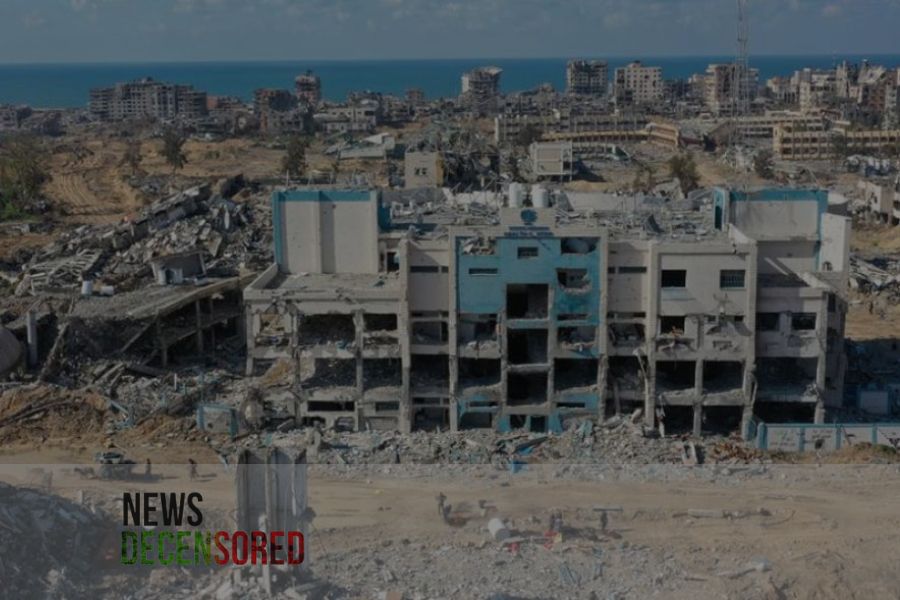According to a senior UN official, the United Nations (UN) has indicated that Gaza will require the most extensive post-war reconstruction effort since 1945, with estimated costs ranging between $40 to $50 billion.
Abdallah al-Dardari, the director of the regional bureau for Arab states at the UN Development Programme (UNDP), described the level of devastation in Gaza as unprecedented since World War II. He highlighted that more than 70 percent of all housing in the region had been destroyed, necessitating the removal of approximately 37 million tonnes of debris.
This magnitude of destruction has led to a regression in Gaza’s human development index by about 40 years, wiping out decades of progress in education, health, and other vital areas.
Al-Dardari emphasized that the cost of post-war reconstruction in Gaza is staggering, requiring a substantial investment of $40 to $50 billion, at the very least. The UNDP’s primary focus will be on a three-year recovery phase aimed at providing temporary shelters and essential services to facilitate the return of Palestinians to their former homes.
The onslaught on Gaza, which commenced on October 7, has been described as one of the most intense aerial bombardments in modern history. Palestinian authorities report over 34,500 fatalities, with large portions of the territory reduced to rubble. Severe restrictions imposed by Israel on the supply of food and humanitarian aid have exacerbated the situation, with famine looming in parts of northern Gaza.
The conflict escalated after Hamas initiated attacks on southern Israel, resulting in significant casualties. Efforts to alleviate the humanitarian crisis in Gaza have been hampered by restrictions on aid convoys, prompting calls for Israel to open more land crossings for humanitarian access. The US Department of State has urged Israel to prevent attacks on aid convoys bound for Gaza after incidents involving an assault on aid trucks.
Despite the devastation, there are renewed efforts to negotiate a ceasefire and secure the release of captives. Hamas has expressed willingness to engage in talks, indicating a positive outlook towards a ceasefire proposal presented by Israel.
In addition to the physical destruction, the humanitarian situation in Gaza has deteriorated significantly due to restrictions on aid and essential supplies. The limited access to aid trucks has exacerbated shortages of food and humanitarian assistance, leading to concerns of potential famine in some regions of Gaza.
UN agencies and humanitarian organizations have called on Israel to ease restrictions on aid access and increase the flow of humanitarian assistance into Gaza. Despite these appeals, challenges persist, with incidents of attacks on aid convoys further complicating relief efforts. The international community continues to advocate for greater humanitarian access to Gaza to address the urgent needs of its population.















